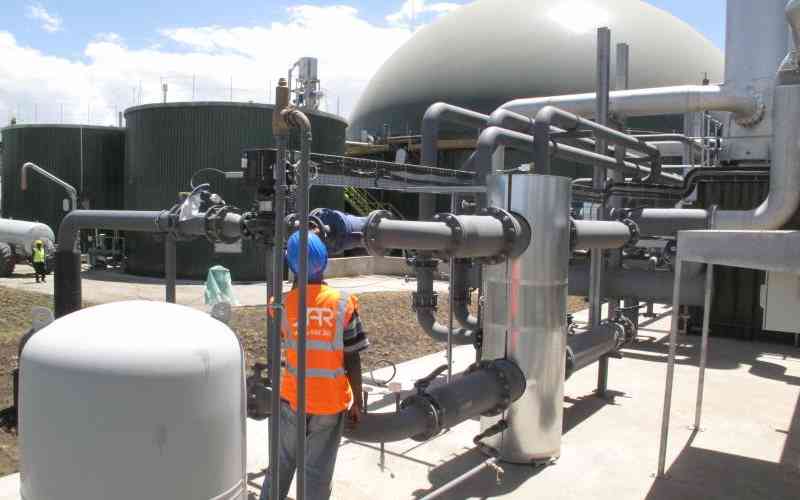×
The Standard e-Paper
Smart Minds Choose Us

Although the crisis is still unfolding, it’s already clear that building resilience into your organizational DNA is more important than ever. This is one of the clear lessons from the COVID-19 response so far.
COVID-19 has forced the world into a new reality. We have to self-isolate yet remain connected to our work and clients. COVID-19 has also graphically demonstrated how connected we are, and how that connectedness is a source of great vulnerability.







